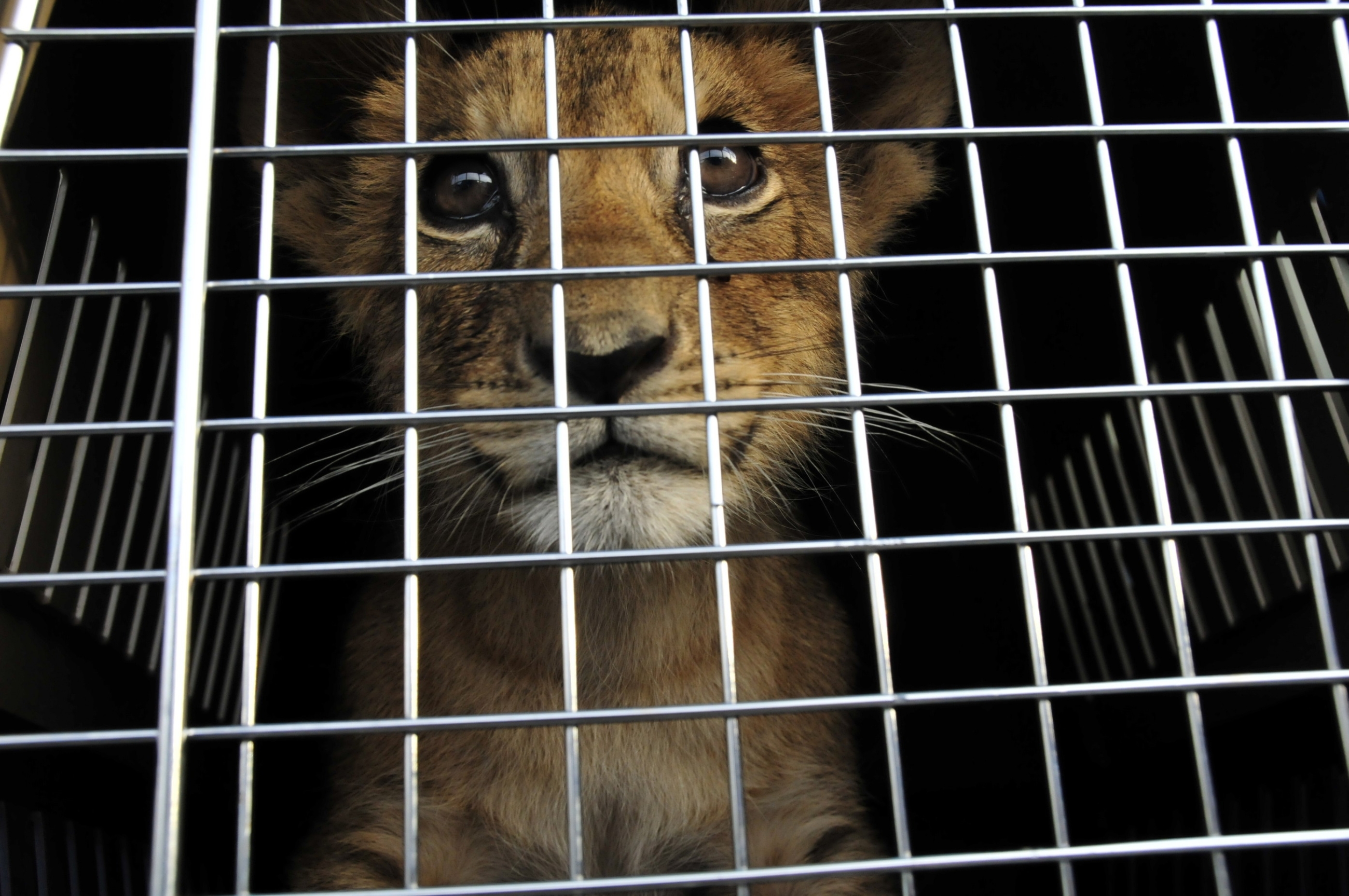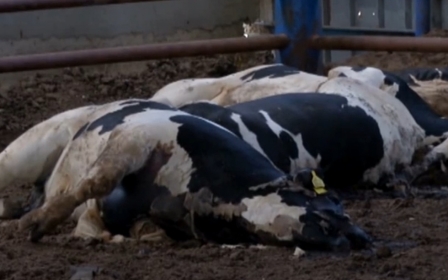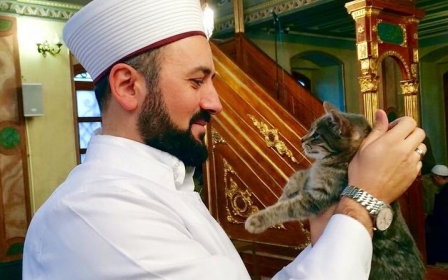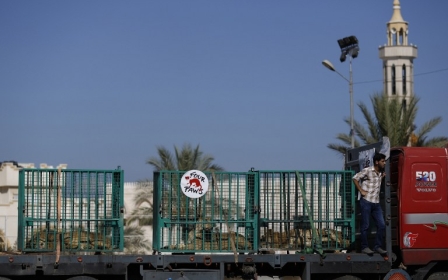Lebanon gives more teeth to big cat protection efforts

By Maya Gebeily
The death of a baby lion cub kept as a pet in Lebanon has inspired a government-backed campaign to halt mistreatment and trafficking of big cats in the country.
One-year-old Queen was severely malnourished and had broken two of her legs trying to jump off a couch when she was rescued by rights group Animals Lebanon.
Footage produced by the NGO showed the nearly motionless baby lioness lying on her side, breathing heavily as volunteers tried to feed her and inject medicine.
She died four days later and serves as "an epic example of why people should not be owning lion cubs or big cats as pets in their homes," Animals Lebanon's president Lana el-Khalil said while launching the new protection measures.
"The outcome is predictable - pain, suffering, and death."
In a bid to tackle the problem, the Lebanese government announced new measures, including a decree to stop the trafficking of exotic animals and force zoos to register formally.
Animals Lebanon says dozens of tigers, cougars, and even snow leopards are locked in cramped cages, forced to perform in local circuses and paraded by wealthy individuals as status symbols across the country.
"They are either being bred and sold in local zoos here or are being smuggled across the border from Syria," Khalil said.
The trade is big business, with a lion cub from informal zoos in Syria now going for $10,000, double what they cost in 2008, the NGO said.
Khalil said the new initiative with the agriculture ministry was the "last chance" to bring an end to the abuse of big cats.
Status symbols
The initiative bans the keeping of big cats, forces regulation of zoos, and seeks to rescue animals living in poor conditions.
As part of the efforts, Animals Lebanon has pledged to shelter any rescued animals until they can be moved to sanctuaries around the world.
Lebanon's Minister of Agriculture Akram Chehayeb pledged to use "all legal means to seize any animals from traffickers or unlicensed shops".
"These animals don't belong in a cage or in a home as a symbol of power or personal wealth," Chehayeb added.
At present, Lebanon's animal welfare laws are both outdated and rarely enforced, with maximum fines for cruelty amounting to about $15.
In 2013, authorities committed to international treaties to halt the trade of endangered species - including birds and chimpanzees - via Lebanese territory.
Activists hope that with the latest ministerial decree in hand, they can put an end to private ownership of at-risk animals as well.
Animals Lebanon executive director Jason Mier said the decree would give Lebanon's zoos - none of which are formally registered with the government - 15 days to get licenced before legal action is taken.
"Zoos here are essentially just a collection of animals. There is no conservation or education value whatsoever," Mier said.
Khalil said the new ministerial decree was a "fast track" option, while a more comprehensive draft law on animal protection is stalled in Lebanon's paralysed parliament.
The law, which includes 80 individual articles on animal welfare, was approved by the Lebanese cabinet last year but has yet to come into force.
New MEE newsletter: Jerusalem Dispatch
Sign up to get the latest insights and analysis on Israel-Palestine, alongside Turkey Unpacked and other MEE newsletters
Middle East Eye delivers independent and unrivalled coverage and analysis of the Middle East, North Africa and beyond. To learn more about republishing this content and the associated fees, please fill out this form. More about MEE can be found here.




